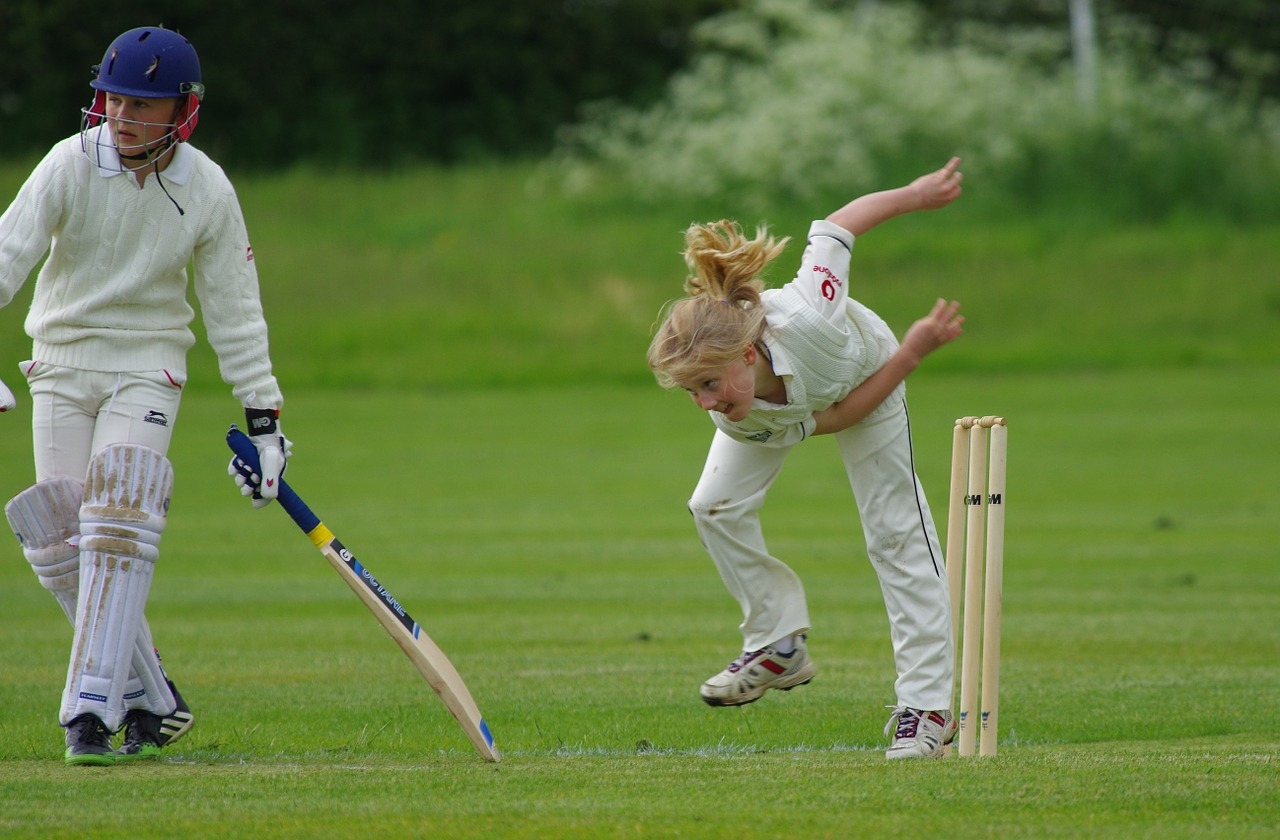The Australian men’s cricket team’s most recent tour of South Africa was due to be a tightly contested set of four test matches.
Each team was lined with superstar firepower that had the cricketing world interested from day one. That firepower was on show, however, not in the way most supporters would like to see.
Australia’s first test win was overshadowed by the intense celebration of wickets by Australian vice-captain David Warner and spinner Nathan Lyon, who were both sanctioned by the International Cricket Council.
The second test, where South Africa drew level, was marred by a stairway altercation between Warner and South African wicketkeeper Quinton de Kock. Tempers also flared between Australian captain Steve Smith and South African fast bowler Kagiso Rabada. Rabada shouldered Smith, and barely escaped a two-game suspension.
All of this behaviour stemmed from both teams taking part in heated sledging.
For those not privy to this cricketing term, sledging is the act of ridiculing a player on the opposing team to put them off their game. It sometimes seems like innocent playground ‘banter’, but certain circumstances have the potential to turn it into a more heated exchange.
There are certain degrees of sledging that can get out of hand such as when it turns into a dig at another person’s ethnicity, sex or religion.
Sledging is usually heat-of-the-moment stuff, but could the root cause of all this sledging stem from younger levels of the game?
Leading sports psychologist Michael Inglis, from the Melbourne-based psychology clinic The Mind Room, told upstart that what often leads to sledging is the creation of a pack mentality on the field.
“In cricket, statistically, there’s thirty to sixty seconds between deliveries and there’s also a pack mentality where there’s typically eleven fieldsmen against two batsmen, but a lot of the time [there’s] only one batsman at a time, so it can feel like eleven against one,” Inglis told upstart.
“People are really emotional when they play and they’re competitive. They probably say or do things they usually wouldn’t do or say if it’s designed to win.”
The continued use of sledging in Australian sport has resulted in other sporting organisations such as AFL Queensland introducing two new staff members to educate players about sledging, while the National Rugby League appointed a full-time education and welfare manager.
However, Ben Sproat, a senior cricketer and junior coach at Warrandyte Cricket Club, spoke to upstart stating that at a junior level, sledging becomes more prominent when competing clubs play in clashes with more at stake.
“With the exceptions of grand finals, all of the games of cricket I’ve played have generally been sledge free,” Sproat said.
“I think there’s just something about grand finals that bring out the worst in people that you would never see during the season.”
Although Sproat believes there is no culture of sledging at junior level, Inglis is wary of the impacts sledging can have on young players.
He says children usually replicate what they observe from role models, which means more needs to be done to create a harmonious approach at local levels to ensure a sledge-free environment.
“It’s really how we develop a team culture,” Inglis said.
“Team values are so important because it’s goes into the fabric of how we want to go about things, how we want to play, who we want to be remembered for and what’s going to be our legacy as opposed to just focusing on a results basis.
“It’d be really nice for a lot of teams to develop that cultural value system before the situation arises.”
The sledging used across the test series led many former cricketers including Mark Taylor to say Cricket Australia needs to inform its players to stamp out sledging for the long-run.
Sproat says that while it may not be stamped out completely, it all comes down to the individual players. He says players need to be conscious of their own morals as to whether they choose to taunt the opposition and face any consequences.
“I don’t want it (sledging) stamped out of cricket,” he said.
“I think a lot of importance needs to be placed on developing respect for the players and the competition, and that players do need to be aware of when they’ve crossed the line.”
Jason Irvine is a final year Bachelor of Media and Communications (Sport Journalism) student at La Trobe University. You can follow him on Twitter @jaseirvs







